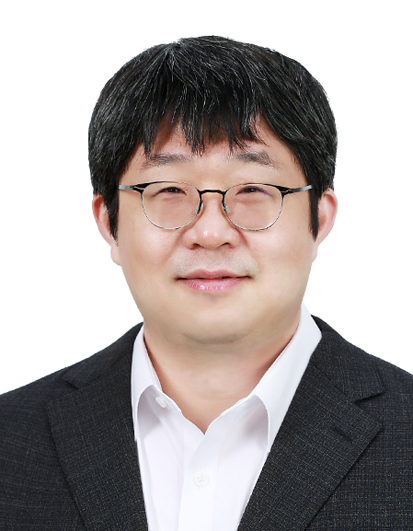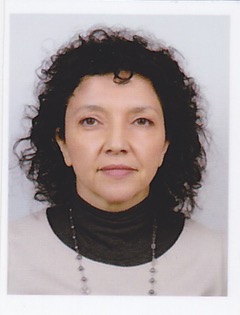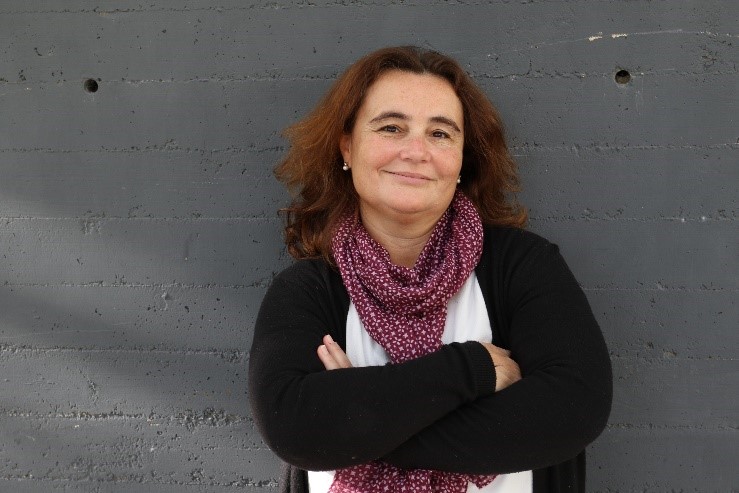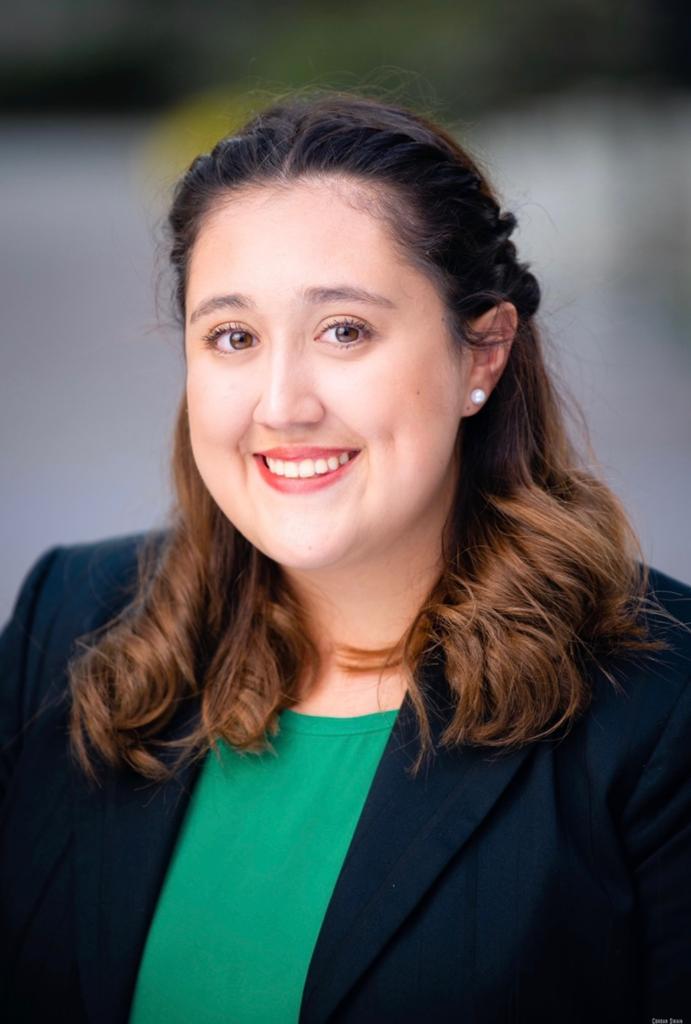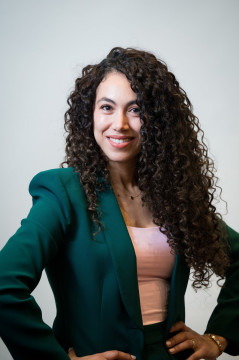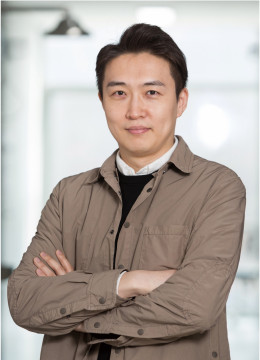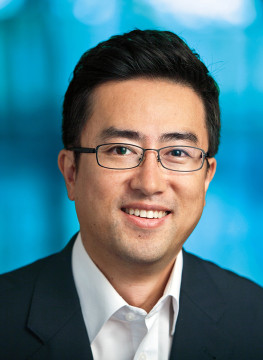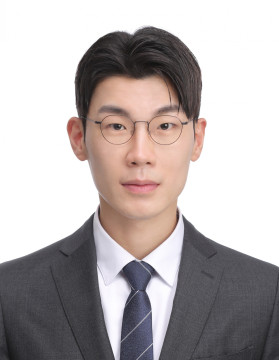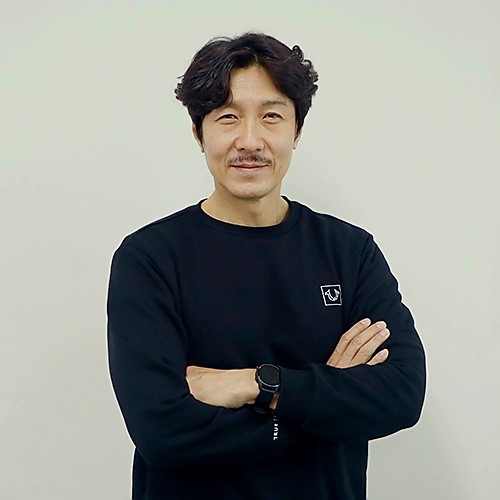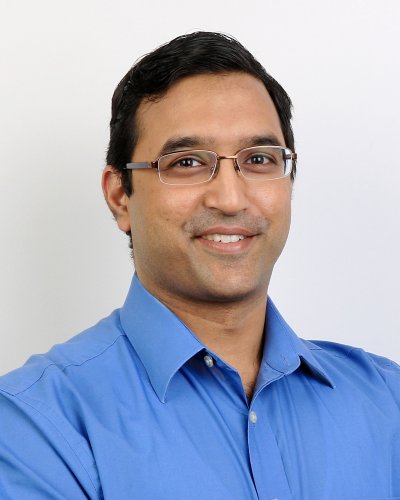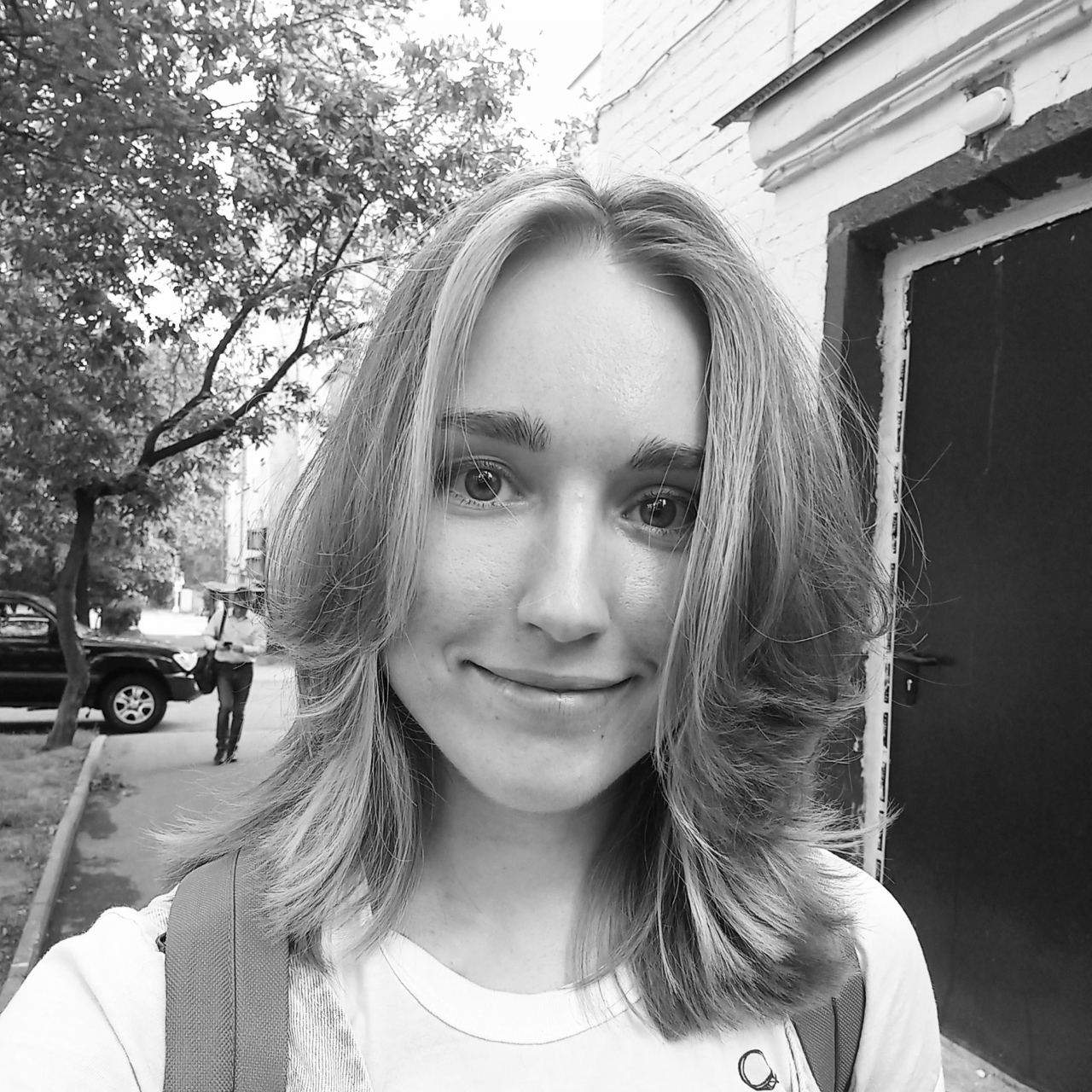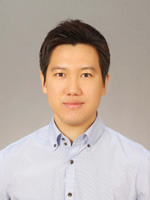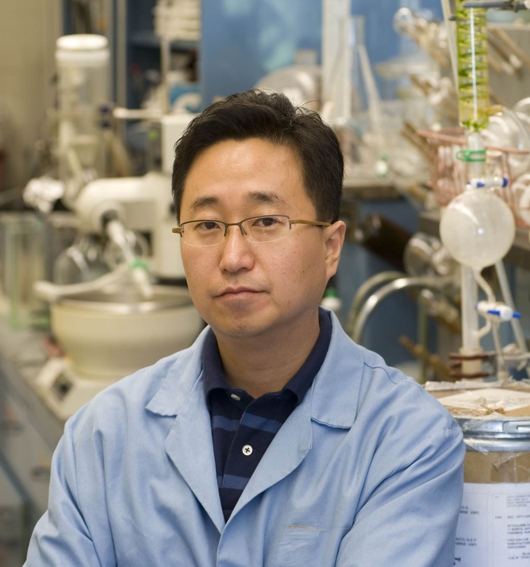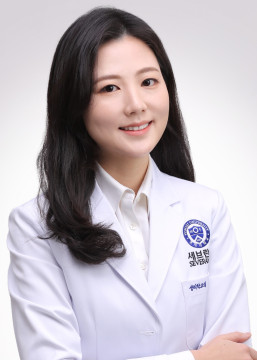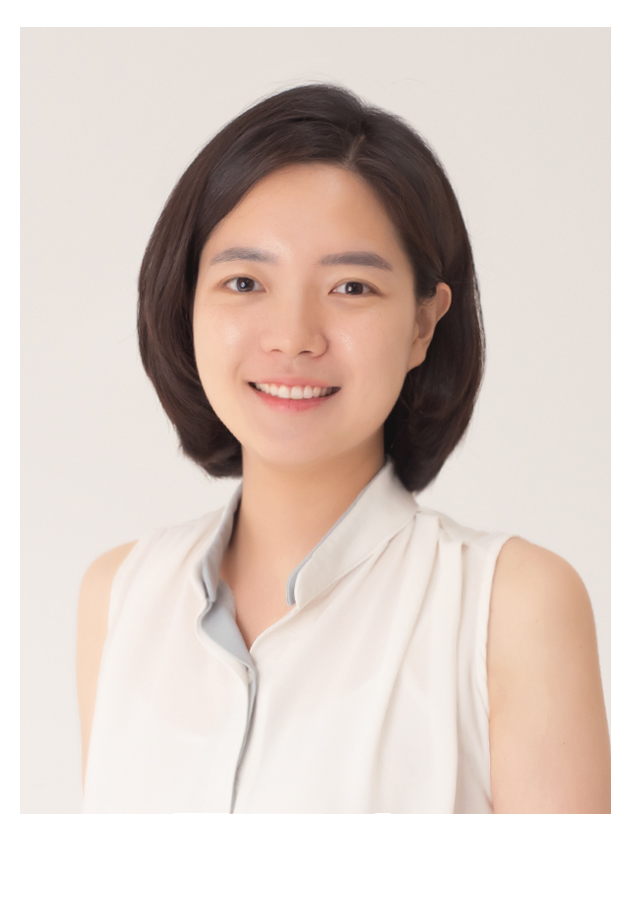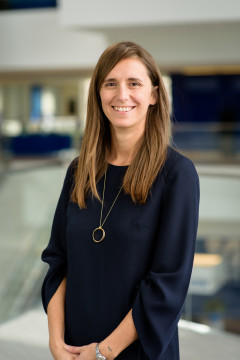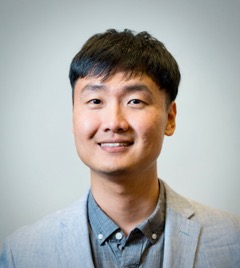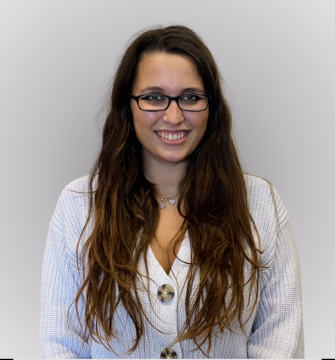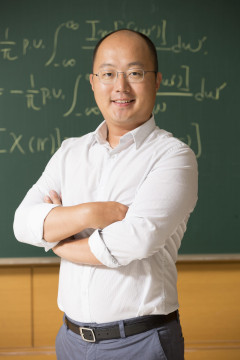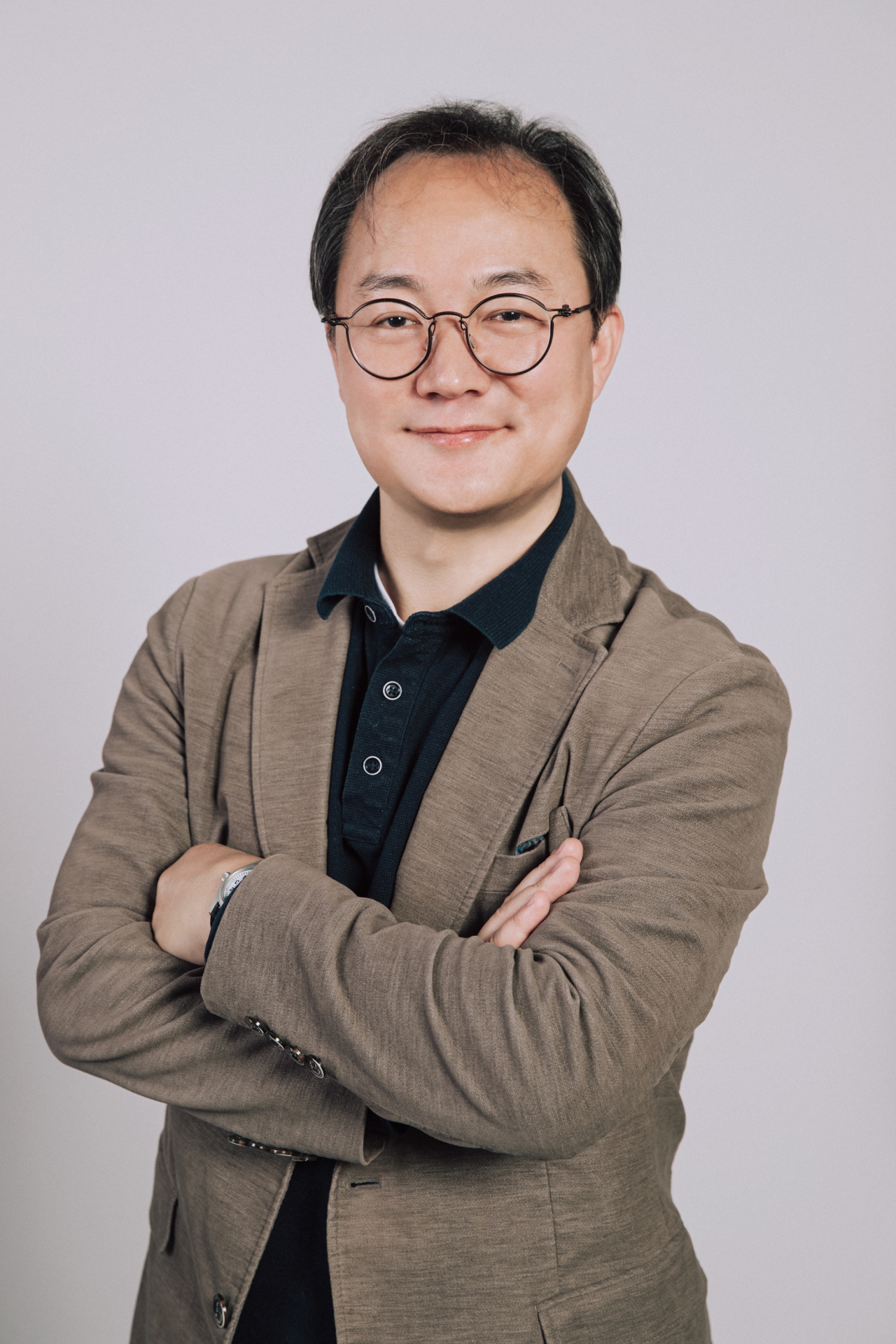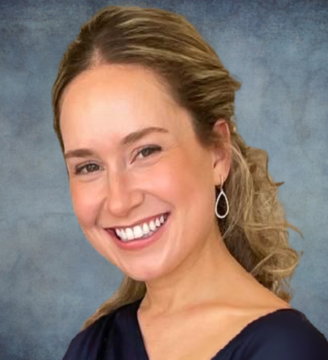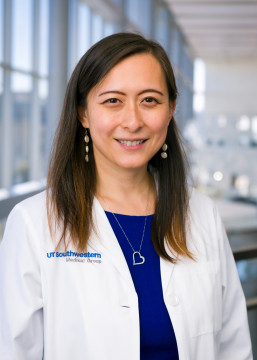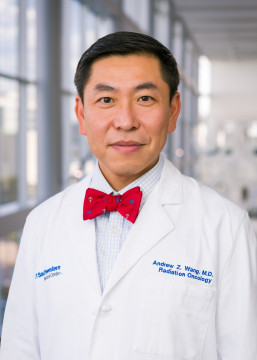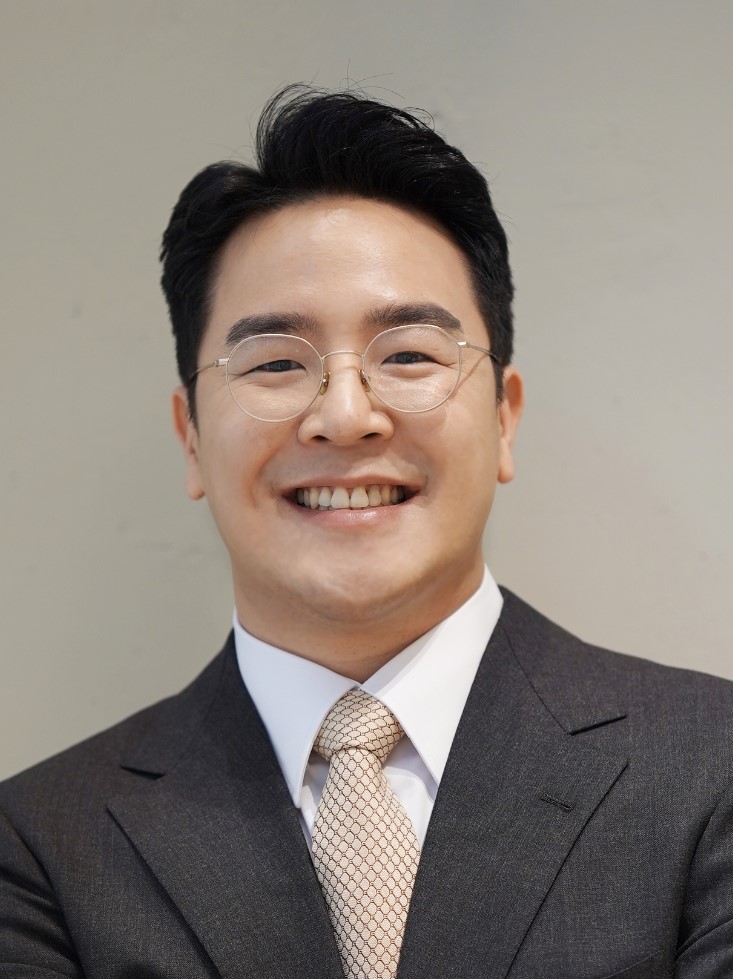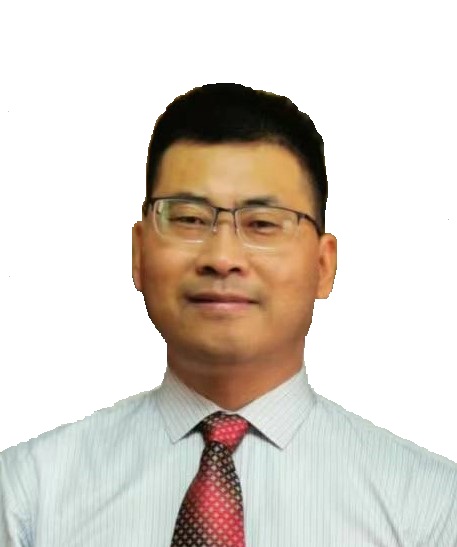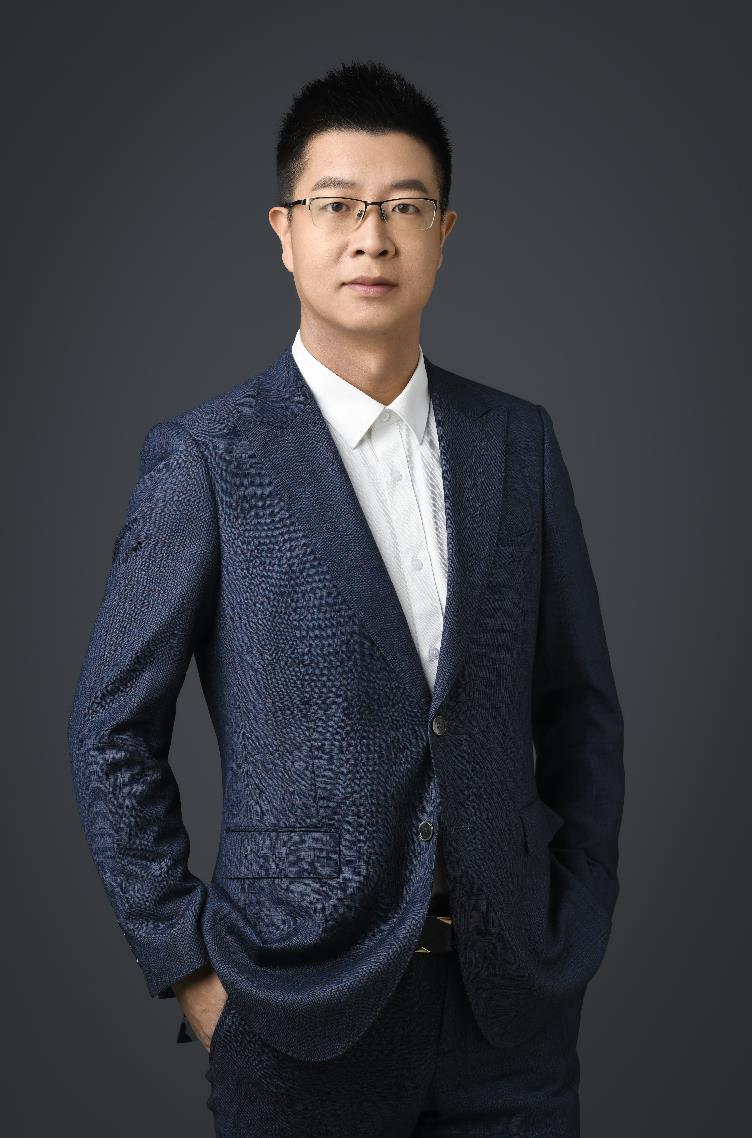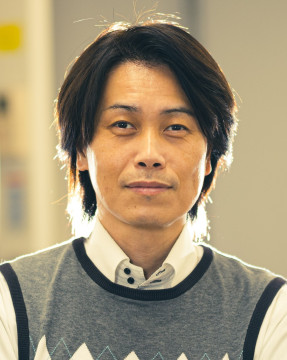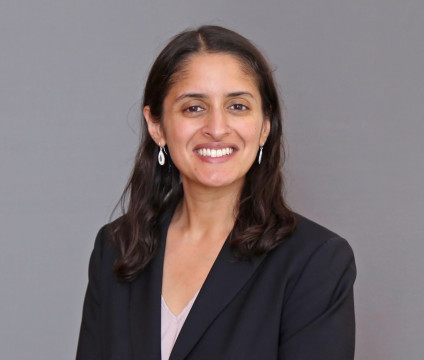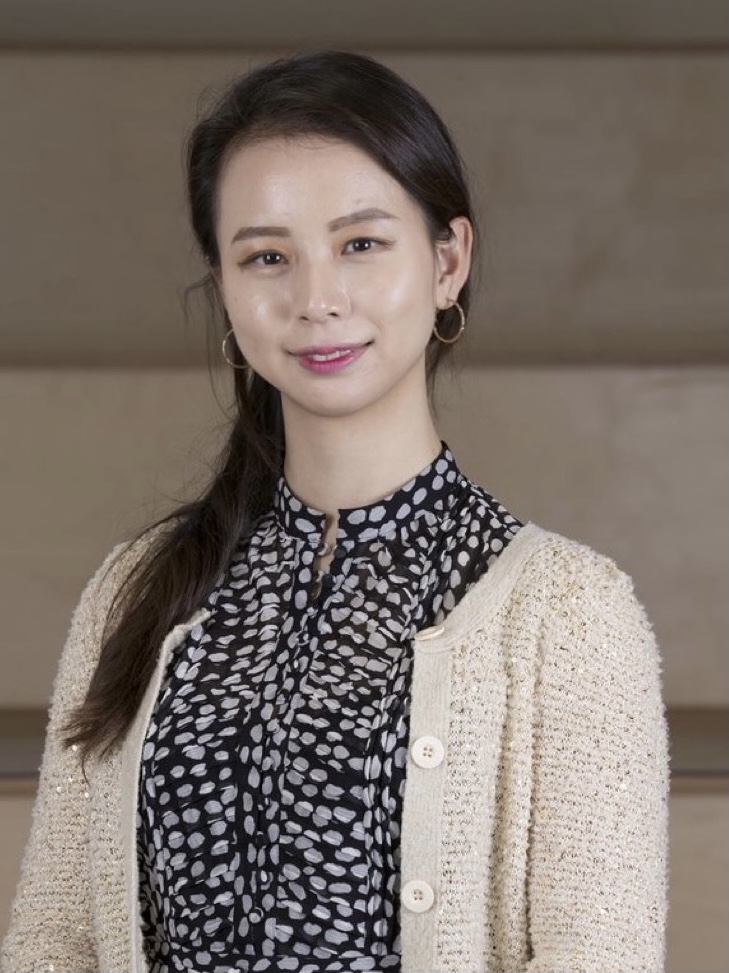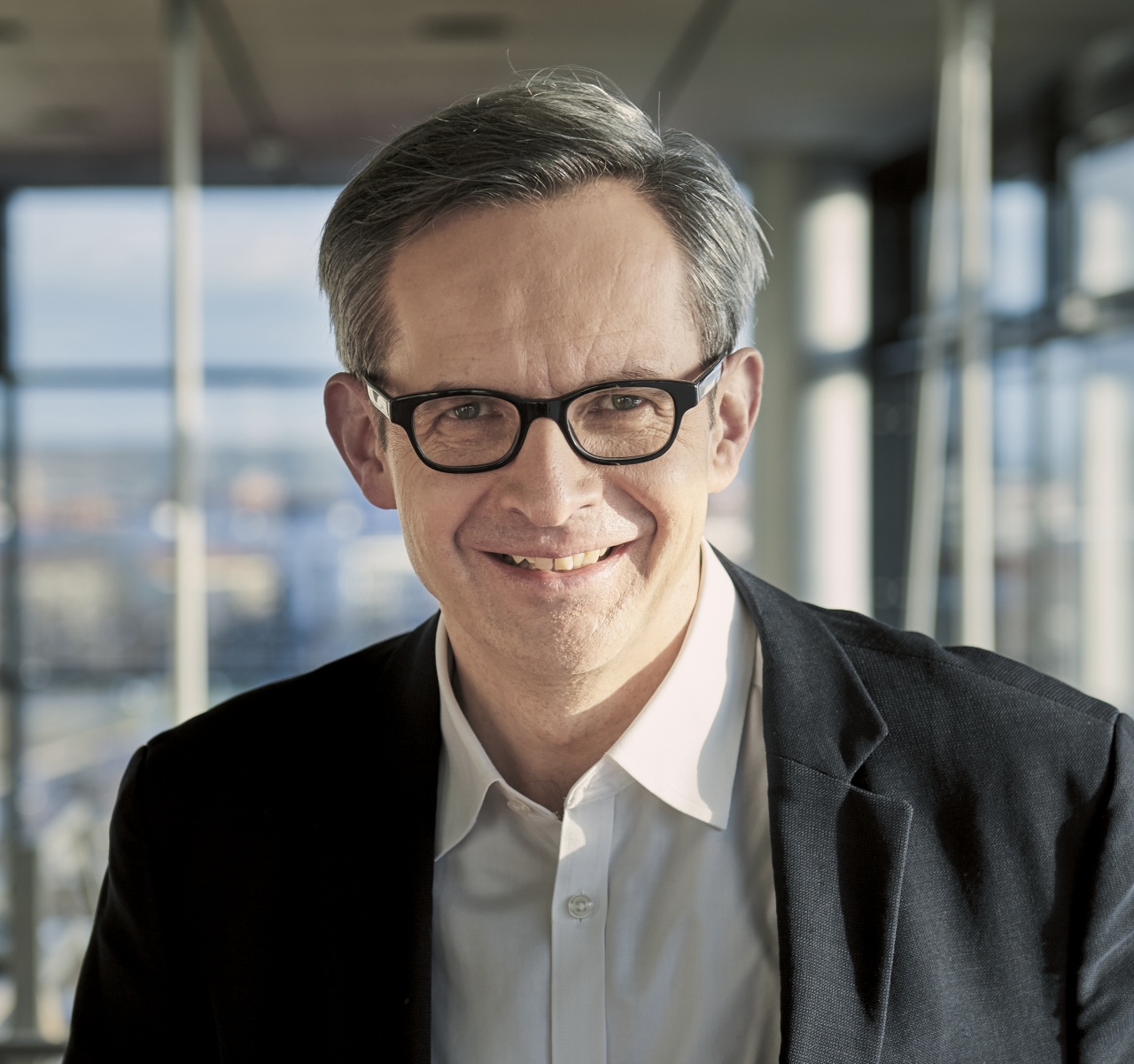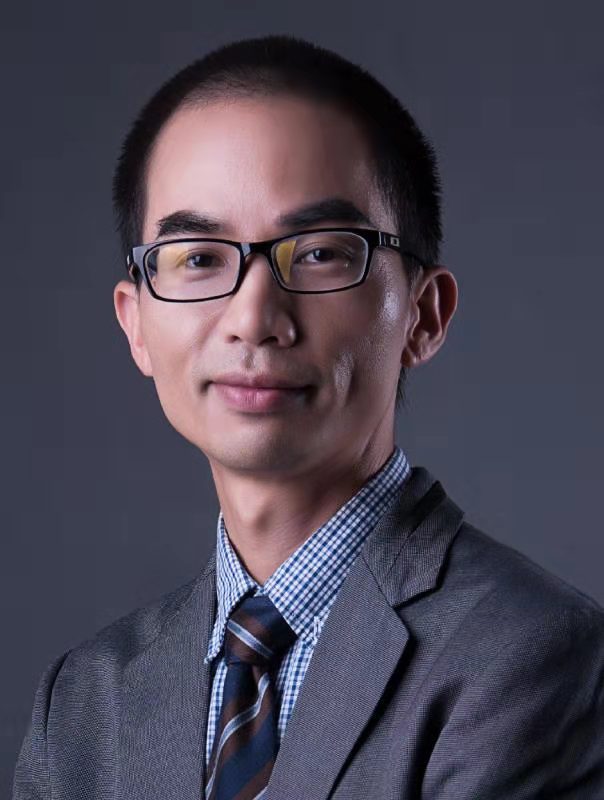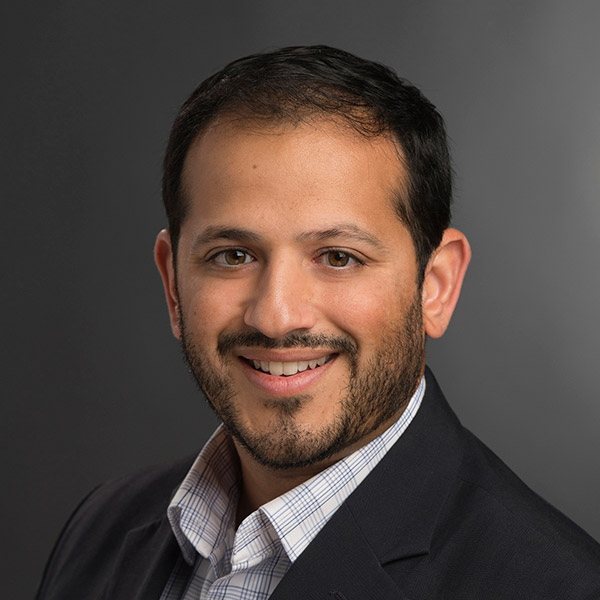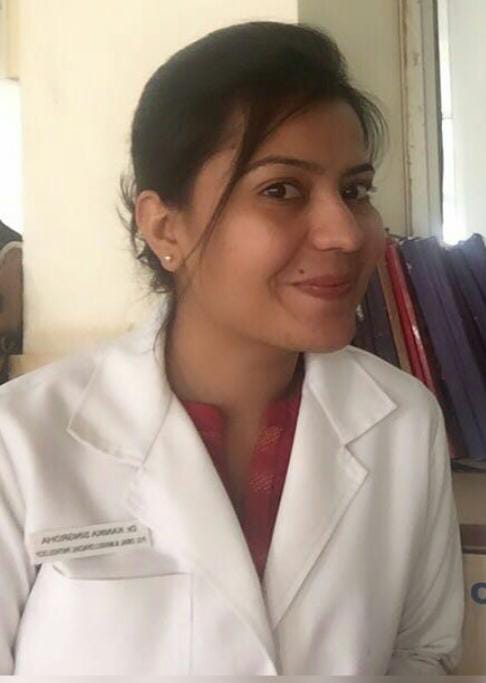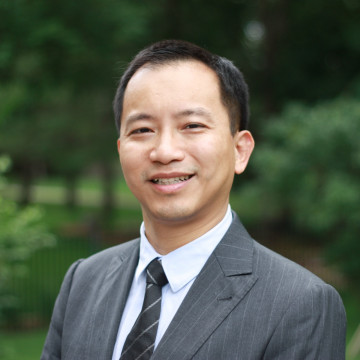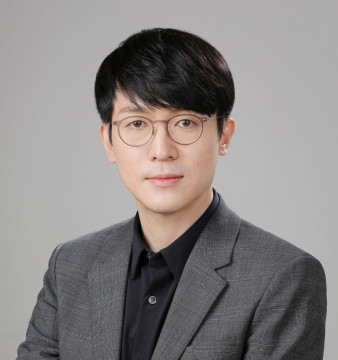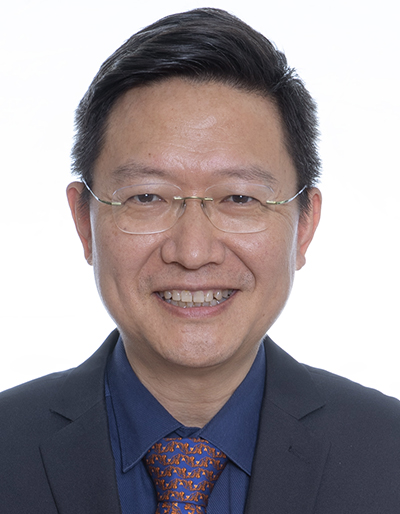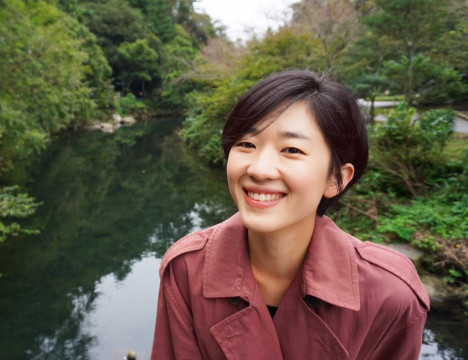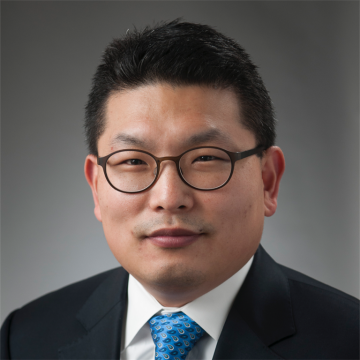Scientific Program
You can update your brief biography and profile picture on the [My Profile] page.
- Session TrackBiomaterials for in vitro (extracorporeal) analysis
- Session TitleEx vivo model systems for cancer immunotherapy
- Session CodeSP-T07-0063
- Date & Time / RoomMay 27 (Mon) 13:00~14:30 / Room 321-B
- Organizer
-
Junsang Doh (Seoul National University, Korea, Republic of)
- Chair
-
Junsang Doh (Seoul National University, Korea, Republic of)
Kyobum Kim (Dongguk Univ, Korea, Republic of)
- Keynote Speaker
-
Susan Thomas (Georgia Tech, USA)
- Invited Speaker
-
Junsang Doh (Seoul National University, Korea, Republic of)
- Oral Presenter
-
13:40~13:50 : 3D in vitro models of sinonasal cancers as a personalized platform to study new drugs Serena Danti (University of Pisa, Italy)
13:50~14:00 : Cell derived extracellular matrices for tumor models for in vitro testing Elisabeth Engel (Universitat Politecnica de Catalunya, Spain)
14:00~14:10 : Hydrolytically Degradable, Micro-organoids for Spatial Patterning of Human Lymph Node Tissue Chips Valeria Juarez (Georgia Institute of Technology, USA)
14:10~14:20 : IN VITRO HYDROGEL-BASED MODELS TO OBSERVE GLIOBLASTOMA SPHEROID GROWTH, INVASION AND THERAPY RESPONSIVENESS AT MATRIX INTERFACES Eya Ferchichi (Saint Louis University, USA)
- Session TrackBiomaterials for in vitro (extracorporeal) analysis
- Session TitleIn vitro microphysiological systems for studying tumor microenvironment
- Session CodeSP-T07-0064
- Date & Time / RoomMay 27 (Mon) 16:30~18:00 / Room 321-B
- Organizer
-
Joo Hun Kang (UNIST, Korea, Republic of)
- Chair
-
Joo Hun Kang (UNIST, Korea, Republic of)
Junsang Doh (Seoul National University, Korea, Republic of)
- Keynote Speaker
-
16:30~16:55 : Microengineered Biomimicry of Human Physiological Systems Dan Dongeun Huh (University of Pennsylvania, USA)
- Invited Speaker
-
16:55~17:10 : Engineering patient-derived microphysiological systems to reconstruct the tumor microenvironments Jihoon Ko (Gachon University, Korea, Republic of)
17:10~17:25 : Reverse Engineering of Tumor Microenvironment Using Microfluidics and 3D Printing Sungsu Park (Sungkyunkwan University, Korea, Republic of)
- Oral Presenter
-
17:25~17:35 : Intratumoral mapping of local 3D tissue viscoelasticity at cellular clength scales during breast cancer progression Christopher Moraes (McGill University, Canada)
17:35~17:45 : Comparative analysis of 3D-printed β-TCP and freeze-dried alginate-bioactive glass scaffolds as bone-like microenvironments for osteosarcoma in vitro modelling Ksenia Menshikh (Università del Piemonte Orientale, Italy)
- Session TrackBiomaterials for in vitro (extracorporeal) analysis
- Session TitleMicrophysiological systems for modeling pathologies of central nervous system
- Session CodeSP-T07-0065
- Date & Time / RoomMay 28 (Tue) 9:30~11:00 / Room 321-B
- Organizer
-
Hong Nam Kim (Korea Institute of Science and Technology, Korea, Republic of)
- Chair
-
Hong Nam Kim (Korea Institute of Science and Technology, Korea, Republic of)
Seokyoung Bang (Dongguk University, Korea, Republic of)
- Keynote Speaker
-
Ki Bum Lee (Rutgers University, USA)
- Invited Speaker
-
9:55~10:10 : Refining Cultivation Techniques for Human Neural Systems with Tailored Extracellular Matrix and Microfluidic Integration Yoonhee Jin (Yonsei University College of Medicine, Korea, Republic of)
10:10~10:25 : Human spinal cord organoids exhibiting neural tube morphogenesis for a quantifiable drug screening system of neural tube defects Ju-Hyun Lee (Korea Institute of Science and Technology, Korea, Republic of)
- Oral Presenter
-
10:25~10:35 : A 3D in vitro cortical tissue model For Studying effects of ionizing radiation on human neuronal network function Chiara E Ghezzi (University of Massachusetts Lowell, USA)
10:35~10:45 : Acoustic Stimulation in BBB-on-a-Chip: Advancing Blood-Brain Barrier Research Melanie Stamp (University of Melbourne, Australia)
- Session TrackBiomaterials for in vitro (extracorporeal) analysis
- Session TitleOptical biosensors for fast and accurate diagnosis
- Session CodeSP-T07-0070
- Date & Time / RoomMay 29 (Wed) 9:30~11:00 / Room 321-B
- Organizer
-
Heebeom Koo (The Catholic University of Korea, Korea, Republic of)
- Chair
-
Heebeom Koo (The Catholic University of Korea, Korea, Republic of)
Joonhyuck Park (The Catholic University of Korea, Korea, Republic of)
- Keynote Speaker
-
Niko Hildebrandt (Université de Rouen Normandie, France)
- Invited Speaker
-
9:55~10:10 : Engineering cells with nanomaterials for augmenting and tracking cell-based therapies Jinhwan Kim (UC Davis, USA)
- Oral Presenter
-
10:10~10:20 : Nanomaterial based ultrasensitive bioimaging and biosensor platforms Joonhyuck Park (The Catholic University of Korea, Korea, Republic of)
10:20~10:30 : In vitro tissue-equivalent models for studying foreign body reaction Liliana Agresti (University Medical Center Groningen (UMCG), Netherlands)
10:30~10:40 : Hydrogel-Based 3D In Vitro Model of Liver Toxicity with Simulated Human Immune System for Predicting Hepatotoxicity and Immune Hyperactivity Yu Bin Lee (Korea Institute of Toxicology, Korea, Republic of)
10:40~10:50 : Ultrasensitive Paper-based Surface-Enhanced Raman Spectroscopy for Clinical Applications DEHUI WAN (National Tsing Hua University, Chinese Taipei)
- Session TrackBiomaterials for in vitro (extracorporeal) analysis
- Session TitleImaging and spectroscopic analysis of biomaterials and biological systems
- Session CodeSP-T07-0075
- Date & Time / RoomMay 28 (Tue) 13:40~15:10 / Room 321-B
- Organizer
-
Sung Sik Lee (ETH Zurich, Switzerland)
- Chair
-
Sung Sik Lee (ETH Zurich, Switzerland)
Jong-Chan Lee (DGIST, Korea, Republic of)
- Keynote Speaker
-
Yong Keun Park (KAIST, Korea, Republic of)
- Invited Speaker
-
Byung Mook Weon (Sungkyunkwan University, Korea, Republic of)
14:20~14:35 : Tackling background noise problem in STED optical nanoscopy Jong-Chan Lee (DGIST, Korea, Republic of)
14:35~14:50 : Microfluidic platform for single live sperm analysis Jae Bem You (Kyungpook National University, Korea, Republic of)
- Oral Presenter
-
14:50~15:00 : Comprehensive Analysis of Collagen Hydrogel Response to Physiological pH Fluctuations: Structure, Viscoelasticity, and Permeability Orit Bronner Shtrauchler (Ben-Gurion University of the Negev, Israel)
15:00~15:10 : Modernizing Drug Discovery: from Organ-on-a-Chip to AI-Driven Insights Boyang Zhang (McMaster University, Canada)
- Session TrackBiomaterials for in vitro (extracorporeal) analysis
- Session TitleLiquid biopsy for cancer diagnosis and prognosis
- Session CodeSP-T07-0349
- Date & Time / RoomMay 28 (Tue) 16:30~18:00 / Room 321-B
- Organizer
-
Seungpyo Hong (University of Wisconsin-Madison, USA)
- Chair
-
Seungpyo Hong (University of Wisconsin-Madison, USA)
Tian Zhang (University of Texas Southwestern Medical Center, USA)
- Keynote Speaker
-
Andrew Wang (University of Texas Southwestern Medical Center, USA)
- Invited Speaker
-
16:55~17:10 : Liquid Biopsy for Cancer Immunotherapy Jiyoon Bu (Inha University, Korea, Republic of)
Yong-Sang Ryu (Korea University, Korea, Republic of)
- Oral Presenter
-
17:25~17:35 : Investigation of extrachromosomal DNA (ecDNA) activities in extracellular matrix component-based environmen SeoYul Jo (Sungkyunkwan University, Korea, Republic of)
17:35~17:45 : Living single-cell secreted multiple biomarker profiling using microfluidic chip and machine learning for tumor cell classification Yu Zhang (Shandong University, China)
17:45~17:55 : An efficient strategy for circulating tumor cell detection: surface-enhanced Raman spectroscopy Jie Lin (Ningbo Institute of Materials Technology and Engineering, Chinese Academy of Sciences, China)
- Session TrackBiomaterials for in vitro (extracorporeal) analysis
- Session Title3D-Tissue Models for Infection and Immunological Assays
- Session CodeSP-T07-0122
- Date & Time / RoomMay 29 (Wed) 13:40~15:10 / Room 321-B
- Organizer
-
Michiya Matsusaki (Osaka University, Japan)
- Chair
-
Michiya Matsusaki (Osaka University, Japan)
Wei Li (Texas Tech University, USA)
- Keynote Speaker
-
Juergen Groll (University of Wuerzburg, Germany)
- Invited Speaker
-
Kendra Rumbaugh (Texas Tech University, USA)
14:20~14:35 : Treatment of Wound Infections with Bacteria-Responsive Hydrogel-Based Drug Delivery Anita Shukla (Brown University, USA)
- Oral Presenter
-
14:35~14:45 : Study for Changes of IL-1α and IL-8 of RhE Model in vitro skin irritation test for medical devices Liu Jia (Shan Dong Institute of Medical Device and Pharmaceutical Packaging Inspection, China)
14:45~14:55 : Brain organoid-on-a-chip platform to spatiotemporally model virus infection via neuronal crosstalk Ann-Na Cho (University of Sydney, Australia)
14:55~15:05 : Micro-structured mechano-mimetic biomaterials for engineering the thymic niche Ludovica Cacopardo (University of Pisa, Italy)
- Session TrackBiomaterials for in vitro (extracorporeal) analysis
- Session TitleBiomaterial-based platforms for tumor tissue engineering
- Session CodeSP-T07-0174
- Date & Time / RoomMay 29 (Wed) 16:30~18:00 / Room 321-B
- Organizer
-
Daniela Loessner (Monash University, Australia)
- Chair
-
Daniela Loessner (Monash University, Australia)
Carsten Werner (Leibniz Institute for Polymer Research, Germany)
- Keynote Speaker
-
16:30~16:55 : Modelling complex interactions in the tumour microenvironment Claus Jorgensen (The University of Manchester, United Kingdom)
- Invited Speaker
-
16:55~17:10 : Mineralized cryogels to recapitulate early events of breast cancer bone metastasis in vitro Carsten Werner (Leibniz Institute for Polymer Research, Germany)
- Oral Presenter
-
17:10~17:20 : Construction of vascularized gastric cancer organoid-on-chip model via combining elastin-based hydrogels and 3D printing Leping Yan (The Seventh Affiliated Hospital, Sun Yat-sen University, China)
17:20~17:30 : Tumor-mimetic gradients in collagen fiber alignment enhance endothelial and cancer cell migration directionality and persistance Vinay Abhyankar (Rochester Institute of Technology, USA)
17:30~17:40 : AI Augmented 4D Bio-printed High-performance Invitro Disease Model of Oral Submucous Fibrosis. KANIKA SINGROHA (All India Institute of Medical Sciences Jodhpur- Indian Institute of TechnologyJodhpur, India)
17:40~17:50 : Spatially controlled construction of assembloids for modeling glioma infiltration Michelle Huang (Stanford University, USA)
- Session TrackBiomaterials for in vitro (extracorporeal) analysis
- Session TitleBiomaterials for Organoids
- Session CodeSP-T07-0208
- Date & Time / RoomMay 27 (Mon) 14:40~16:10 / Room 321-B
- Organizer
-
Qun Wang (Iowa State University, USA)
- Chair
-
Qun Wang (Iowa State University, USA)
Ying Mei (Clemson University, USA)
- Keynote Speaker
-
14:40~15:05 : Biomaterial toolkits for advanced organoid engineering Seung-Woo Cho (Yonsei University, Korea, Republic of)
- Invited Speaker
-
15:05~15:20 : Engineering a simple and robust organoid on chip to recapitulate full NASH function Hanry Yu (National University of Singapore, Singapore)
Tae-Eun Park (UNIST, Korea, Republic of)
- Oral Presenter
-
15:35~15:45 : Rational design of oral drugs targeting mucosa delivery with gut organoid platforms Qun Wang (Iowa State University, USA)
15:45~15:55 : Multiscale control of nanofiber-composite hydrogel for complex 3D cell culture Chaenyung Cha (Ulsan National Institute of Science and Technology, Korea, Republic of)
15:55~16:05 : In vitro 3D bone organoids based on demineralized bone paper Jungwoo Lee (University of Massachusetts-Amherst, USA)

 1
1 


